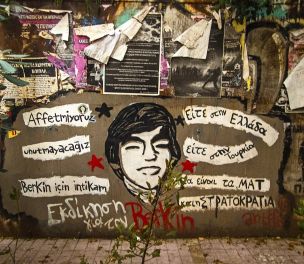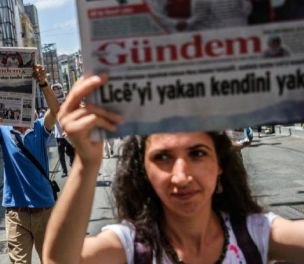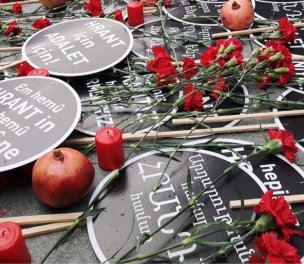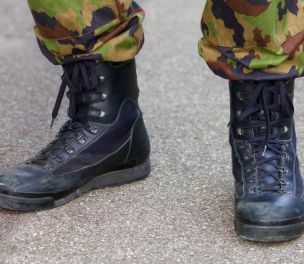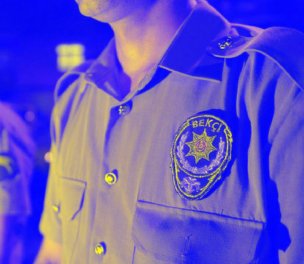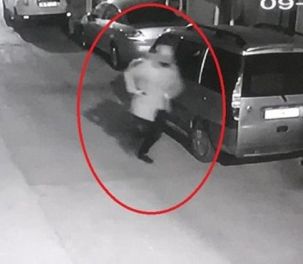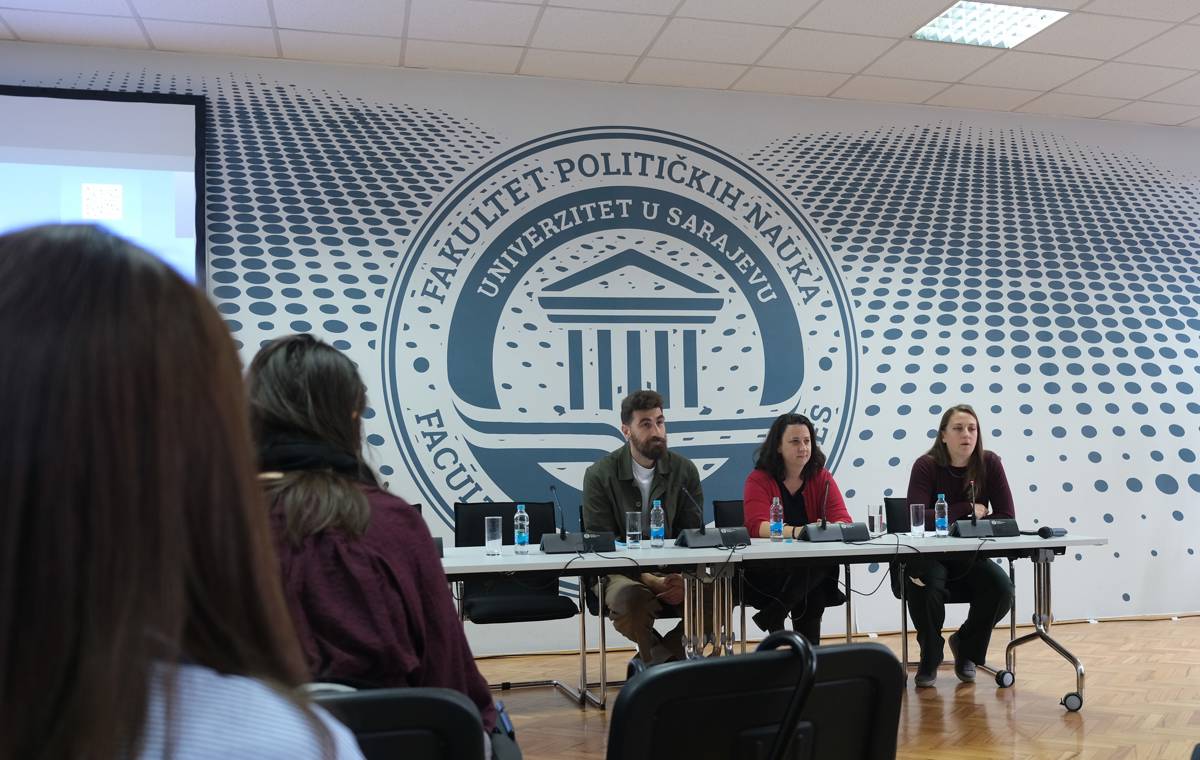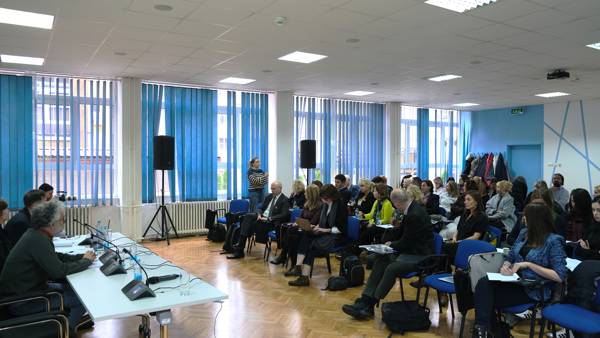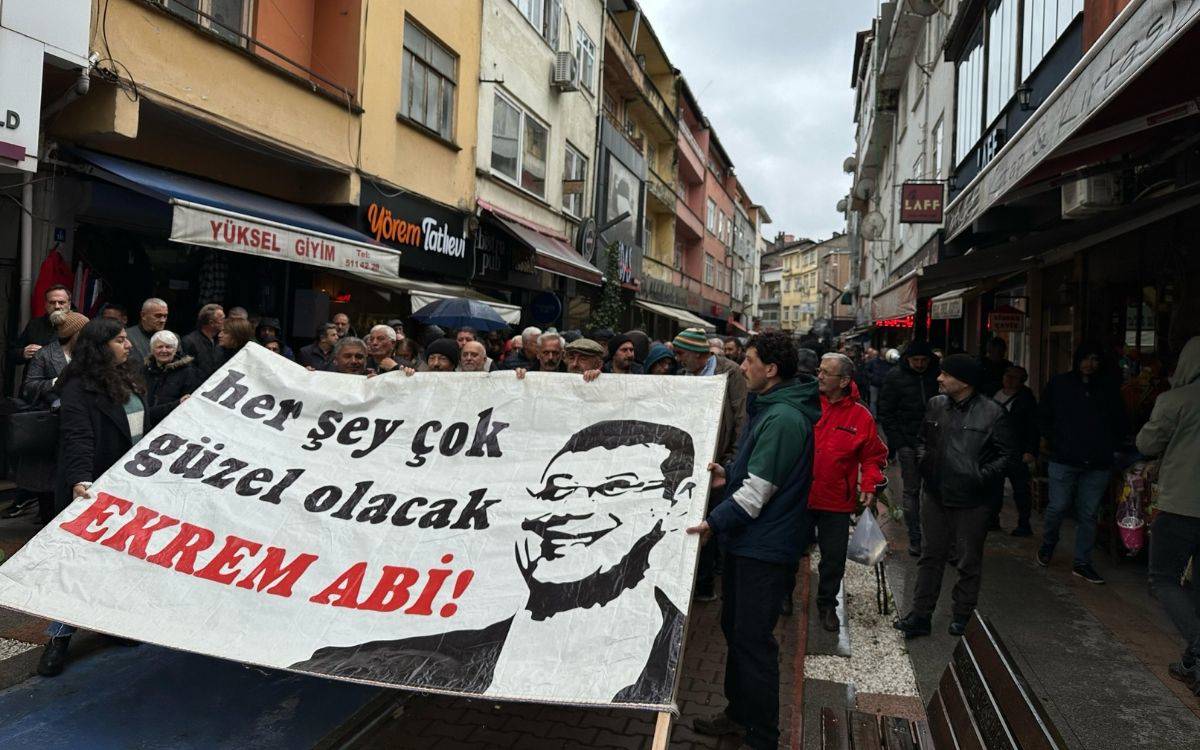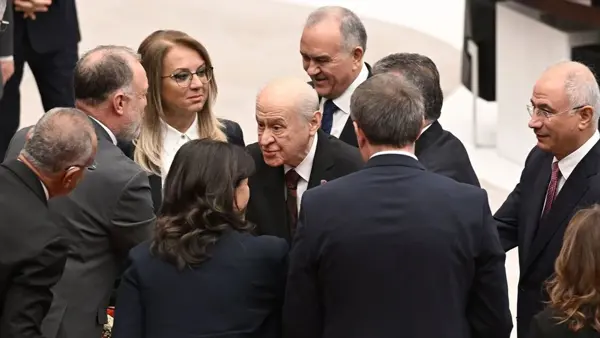İstanbul Mayor Ekrem İmamoğlu (Photo: AA/File)
Over the past two weeks, hundreds of links to news reports were blocked by courts, five journalists were physically assaulted, and one journalist was handed a prison sentence on "terrorism" charges, according to bianet's Media Monitoring Database.
Also, criminal investigations were opened against two journalists, trials of three journalists for "insulting the president" continued and two TV channels were given administrative fines.
Here is a summary of the interferences with the news media between January 9 and 22:
Alleged corruption at the İstanbul Municipality
In early December, the İstanbul Metropolitan Municipality (IMM) filed a criminal complaint against several former and incumbent municipal officials, including current Minister of Transport Adil Karaismailoğlu, for causing public loss, daily Sözcü reported on December 7.
This was the first allegation of corruption against municipal officials from the ruling Justice and Development Party (AKP) era after Ekrem İmamoğlu, a member of the main opposition Republican People's Party (CHP), became the mayor of the city following the 2019 local elections, bringing the 25-year rule of the AKP and its predecessors to an end.
The complaint concerns a contract for the promotion of the municipality's works between the IMM and the İstanbul Digital Media Inc., a municipal company.
According to the municipality's inspection board, the job was not done in accordance with the contract and the technical specifications and a payment of about 15.4 million lira (~2.07 million USD) to the Media Inc. caused a public loss.
The complaint was filed against Karaismailoğlu, who was the secretary-general of the IMM at the time and authorized the payment in question, and 13 other officials from the municipality and the company.
CLICK - Complaint about garbage 'more important' than corruption
No pro-government media outlets, which make a large majority of the conventional media, had broadcast or published the report.
On December 12, the İstanbul 4th Penal Judgeship of Peace blocked access to 294 web links to the report for "violation of personal rights" of Karaismailoğlu as per Law No. 5651, the internet law.
Considering that Karaismailoğlu currently serves as a minister, the judgeship concluded that the news content included "unnecessary descriptions" and statements that could be misunderstood and harm his reputation.
The report exceeded the limits of free speech and caused a "rights violation at initial look," the court said, citing Constitutional Court precedential decisions and the European Convention on Human Rights.
The judgeship also ordered the deletion of the content of the report, to which it has been authorized since an amendment to the internet law came into force in October 2020.
The amendment, also known as the "social media law," has been widely criticized over the measures it imposes on global social media companies, including assigning a legal representative and storing user data in Turkey.
In addition, it authorizes courts to not only block but also delete web content and ensure that those whose rights are violated are not associated with such content by notifying search engines.
Viewing blocked web content outside of Turkey or through VPN services also becomes impossible with this change.
On January 12, İstanbul Bakırköy 2nd Penal Judgeship of Peace banned further 297 links containing reports about "the access block on the municipality's criminal complaint."
When a court blocks access to a news report, independent media outlets usually try to bypass it by publishing new reports not directly about the banned subject but the court's ban. In response, courts block those reports as well.
CLICK - Access blocked to bianet report on access block to bianet report
Blocking access to web content about government and AKP officials is a common practice as 42 percent of the news reports that were blocked between November 2019 and October 2020 were directly related to President and AKP Chair Recep Tayyip Erdoğan, his family or mayors and officials of the AKP, according to a report by Free Web Turkey.
Access to more than 450,000 websites, 140,000 URLs and 42,000 were blocked between the implementation of the internet law in 2007 and October 2020, according to the Freedom of Expression Association (İFÖD).
What does the law say?Titled "Removal of Content from Publication and Access Blocking," Article 9 of Law No. 5651 on the Regulation of Publications on the Internet and Combating Crimes Committed by Means of Such Publications concerns the violation of personal rights. According to the article; (1) The real and legal persons, institutions and organizations claiming that the personality rights are violated due to the content published on the internet may ask the content provider, or to the hosting provider if they cannot reach the content provider, to remove the contents from the broadcasting by using warning method, and may also request to remove the content and/or to block access to the content by applying directly to the judge of the court of peace. (3) Due to the contents of the publication made on the internet, judges may decide to remove the content and/or to block access to the content mentioned in the scope of this article in the direction of the requests of those whose personality rights are violated. (10) Upon the request of an individual whose personal rights were infringed upon by the content of an online broadcast, a judge may rule that the applicant's name not be associated with the website in question. The ruling shall indicate which search engines the Access Providers Association will notify. Source: mbkaya.com (Unofficial translation) |
Five journalists were assaulted in two weeks
Five journalists were physically assaulted between January 9 and 15.
On January 9, İlk Havadis newspaper's grant holder and Anadolu'nun Sesi (The Voice of Anatolia) news coordinator İzzet Tınmaz was beaten by two unidentified people with sticks in the central province of Aksaray.
Journalists Kıymet Sarıyıldız and Murat Uçkaç, who were taking the pictures and videos of a person arrested for drug dealing in the Aegean province of Aydın, were battered by the relatives of the suspect in front of the courthouse.
Lawyer Afşin Hatipoğlu, who is also the former head of the ultra-nationalist Grey Wolves organization and currently hosting a program at KRT TV, was attacked by unidentified persons in masks in front of his home in Ankara, the capital, on the night of January 14.
One day later, Orhan Uğuroğlu, the Ankara Representative of Yeniçağ Newspaper, was also attacked in front of his home.
CLICK - Two journalists and a politician attacked in front of their homes within 24 hours
CLICK - 'Local journalists face increasing economic pressure from local interest groups'
Access blocked to MP's comment about a high-level judge
A news article and a YouTube video of T24 news portal's interview with Mustafa Yeneroğlu, a lawmaker and the deputy head of the Democracy and Progress (DEVA) Party was blocked by a court order.
In the interview, Yeneroğlu claimed that İrfan Fidan, the former chief public prosecutor of İstanbul who was recently appointed to the Court of Cassation, was going to be nominated as a candidate for the Constitutional Court as a result of political pressure.
The İstanbul 11th Penal Judgeship of Peace blocked the report and the video for violating Fidan's personal rights.
On January 23, Fidan was nominated by the Court of Cassation and appointed to the Constitutional Court by President Erdoğan.
"Insulting the president"
Cases against three journalists for "insulting the president" continued in the past two weeks.
Erk Acarer, a columnist for daily BirGün who is currently abroad and has an arrest warrant against himself, Cem Şimşek, Evrensel newspaper's former managing editor responsible for legal affairs, and Engin Korkmaz, the local Antalya Körfez newspaper's managing editor responsible for legal affairs have been put on trial for insulting Erdoğan because of their articles and social media posts.
From August 2014, when Recep Tayyip Erdoğan was elected President, to January 1, 2021, at least 63 journalists were given prison sentences or judicial fines for "insulting the president" as per Article 299 of the Turkish Penal Code, according to bianet's Media Monitoring Report 2020.
Turkish Penal Code Article 299 - Insulting the President(1) Any person who insults the President of the Republic shall be sentenced to a penalty of (2) Where the offence is committed in public, the sentence to be imposed shall be increased by one sixth. (3) The initiation of a prosecution for such offence shall be subject to the permission of the |
Administrative penalties on two TV channels
The Radio and Television Supreme Council (RTÜK) fined Halk TV and TELE 1, two broadcasters critical of the government because of statements about veiled judicial officials and a feminicide.
After a guest on a program on Halk TV said he wouldn't trust veiled judges to be impartial, the RTÜK concluded that these remarks undermine the confidence in the judiciary and degrade the beliefs and values of society.
The council also fined TELE 1 over the following remarks of its news anchor criticizing the Presidency of Religious Affairs in the context of a feminicide:
"We will also soon broadcast a news report about how the Presidency of Religious Affairs meddles in our womanhood, our home, our family, whether we will have children or not, in our work life and whatnot. As long as it continues like this, such murders seem to continue as well."
CLICK - Media authority fines broadcasters Halk TV and TELE 1
Other interferences
‣ An investigation was opened against Yılmaz Özdil, a columnist for daily Sözcü for "insulting the Turkish state and nation" as per Article 301 of the Turkish Penal Code because he abbreviated the Grand National Assembly of Turkey (TBMM) with lowercase letters.
‣ Access to Yeniçağ columnist Murat Ağırel's article on a meat fraud scandal was blocked.
‣ Journalist Özgür Boğatekin was sentenced to 1 year, 6 months, 22 days in prison on the charge of "propagandizing for a terrorist organization" while he was acquitted of "marking a counterterrorism official as a target." He was put on trial over a 2017 social media post in which he said, "The petty officer who argued with HDP's [Peoples' Democratic Party] Alican Önlü has become the Gerger Gendarmerie Commander." he wrote.
‣ A case was filed against journalist Melis Alphan over a photo shared on social media from the 2015 Newroz celebrations in the Kurdish-majority Diyarbakır city. She was charged with "propagandizing for a terrorist organization" because the flag of an "illegal organization" was seen in the photo.
‣ Journalist İdris Yılmaz was put on trial for "inciting people into hatred and enmity" because of a social media post about Turkey's 2018 military operation into Afrin, a Kurdish-majority region in northwestern Syria. He was acquitted of the charge.
About the Media Monitoring DatabaseThe Media Monitoring Database is based on BİA Media Monitoring Reports, which have provided a dependable and concise account of rights violations concerning freedom of expression in Turkey since 2001. The Database aims to create a data center through which the cases and interventions against journalists and media outlets can be monitored. With the database, we bring together lawsuits and other legislative, judicial or administrative interferences with the right to freedom of expression of journalists and media organizations. |
(VK)





.jpg)

